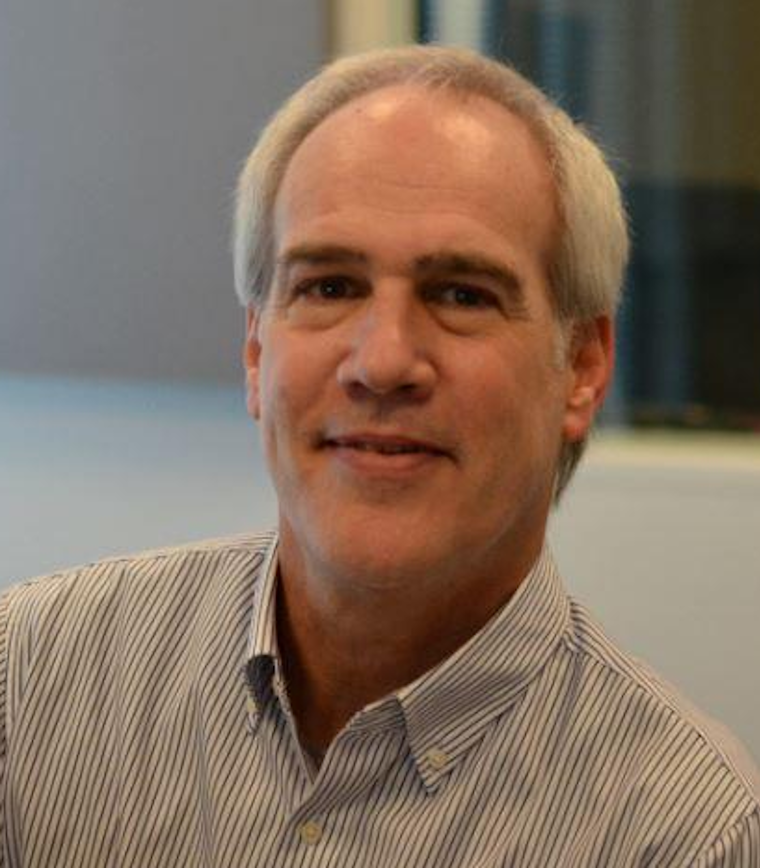#ACGME2021 Session Summary: Improving Well-Being of Residents, Fellows, and Faculty and Staff Members—Lessons from a Pandemic
With distribution of vaccines underway, it may feel to some like the COVID-19 pandemic is waning. But for those who have been on the front lines of this global health disaster, it may be harder to leave it behind.
“Let's imagine that world where everyone is vaccinated and we have a new normal,” said Lyuba Konopasek, MD, a presenter at the 2021 Annual Educational Conference. “There's a real concern that just because things are better, or even great, that there still will be some real residual mental health concerns amongst health care providers.”
In "Improving Well-Being of Residents, Fellows, and Faculty and Staff Members: Lessons from a Pandemic," Dr. Konopasek and co-presenters Stuart Slavin, MD, MEd; and Timothy Brigham, MDiv, PhD walked participants through the ACGME-developed guidebook, Well-Being in the Time of COVID-19, and explored how the ideas within it could be implemented in graduate medical education (GME).
During the earliest days of the “unprecedented crisis,” the ACGME gathered experts to incorporate the latest well-being research into a holistic approach applicable to GME at the institutional, program, and individual levels so residents, fellows, and faculty members could continue to focus on fulfilling what Dr. Brigham called their “sacred mission to patients and society.”
“We are resilient as a profession; we are resilient as heck,” said Dr. Konopasek. But even the most resilient individuals have a breaking point. She added, “though much has been written about the heroism of all the frontline health care workers, we’re all human at the end of the day, and we experience this pandemic differently with different vulnerabilities.”
The guidebook, available in the ACGME’s online learning portal Learn at ACGME, has two sections: strategies for well-being; and responding to illness and death.
Dr. Slavin discussed the concept of psychological first aid, which is a technique of person-to-person well-being interventions developed by experts working in high-stress environments, such as United Nations peacekeepers.
Psychological first aid is not clinical therapy, Dr. Slavin noted, but it gives physicians tools to open the door to meaningful conversations that can reduce the acute psychological and emotional stresses being felt by an individual. Tenets include: be genuine; listen actively; respect privacy and boundaries; be patient and calm when a colleague is sharing; allow for silence; and acknowledge the speaker’s feelings as valid. Dr. Slavin cautioned practitioners of the technique not to pressure colleagues to share, interrupt while someone is sharing their story, judge the speaker (and to watch tone/language/body posture for judgmental cues), talk about yourself, make false or impossible assurances, or try to solve all the speaker’s problems.
Dr. Konopasek shared her personal “Distress Tool Kit,” which includes personalized coping strategies (e.g., running); soothing strategies (e.g., breathing exercises); awareness of personal “stress scale” to know when to apply the coping and soothing strategies; and an emergency psychological contact list, which includes family and friends to whom she can reach out for support during times of acute stress.
Presenters highlighted CopeColumbia, virtual support groups being used at Columbia University, providing 30-minute support sessions with groups of 10-15 clinicians who spend about five minutes introducing themselves, 10 minutes discussing frustrations or problems, 10 minutes brainstorming solutions or coping skills, and five minutes to wrap up. These groups can easily adapt to a virtual format, Dr. Konopasek said, and are an opportunity for institutions and programs to provide space for physicians to process their emotions.
In the chat, attendees offered their own techniques for engaging residents and fellows in meaningful conversations about their emotional and psychological status.
“When my residents say, ‘I'm doing okay,’ I respond by saying, ‘Really?’ and then smile—the PD who cares,” said Sebastian Tosto, a program director from Southeast Health in Alabama. Dr. Slavin noted that not taking the first response at face value opens the door to a deeper discussion, similar to the techniques of psychological first aid.
Participants also suggested applying eye movement desensitization and reprocessing (EMDR); reading or re-reading “Man’s Search for Meaning” by Viktor Frankl; and providing journals and dedicated journaling time to residents and fellows, so they had space to take inventory of and process their thoughts on the pandemic. Many said they would use the guidebook to implement what works in their learning environments and build up their own toolkits with coping strategies. The presenters also offered to present virtual grand rounds for participants, using the guidebook as a framework.
Physicians cannot treat patients well if they do not treat themselves well; taking care of one’s own well-being is a sign of professionalism, strength of character, and commitment to the calling of physician.
“Remember your own strengths and use your coping strategies,” Dr. Konopasek advised. “Treat yourself and others with kindness and compassion. Acknowledge the challenges and the wins.”






